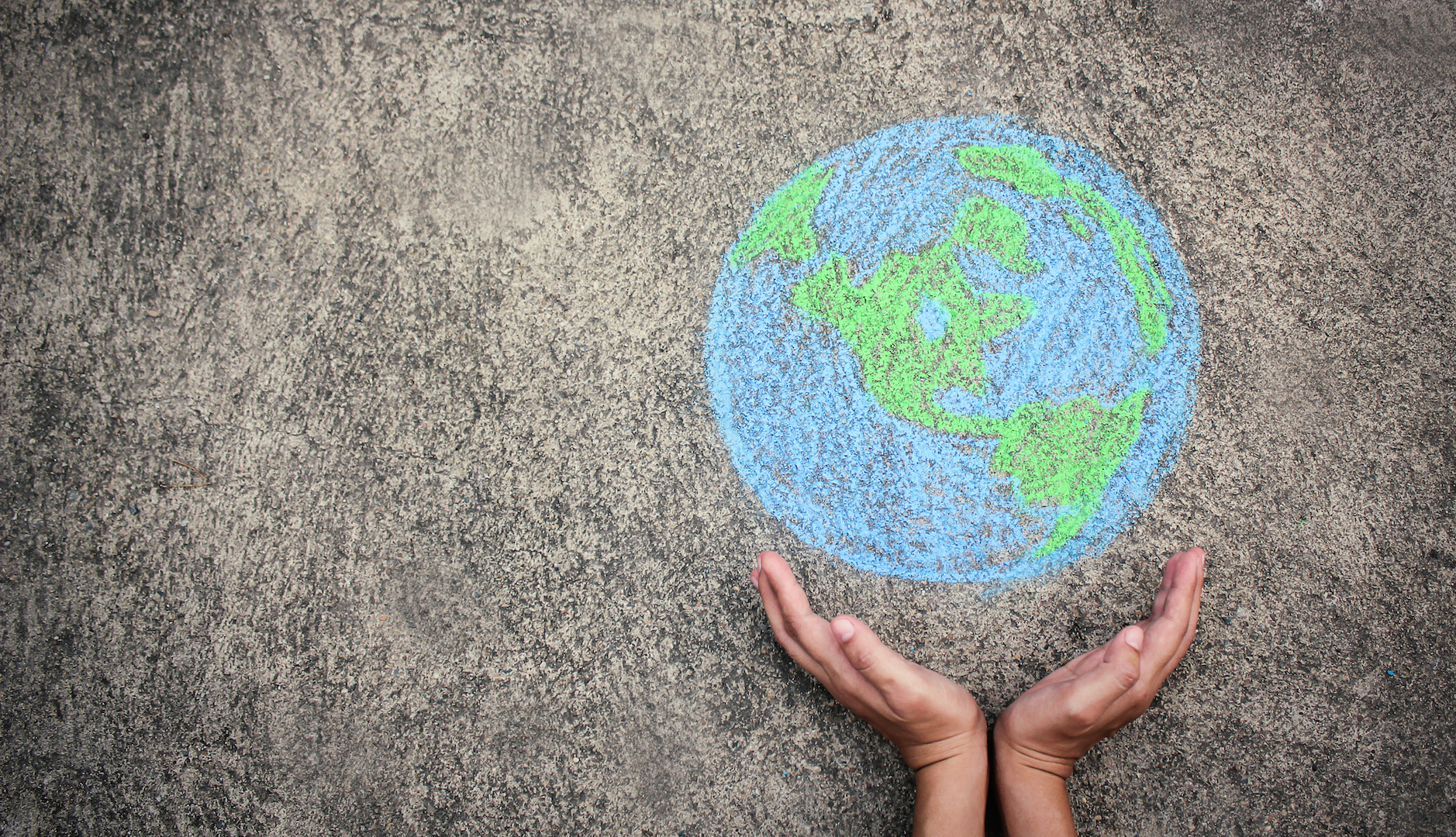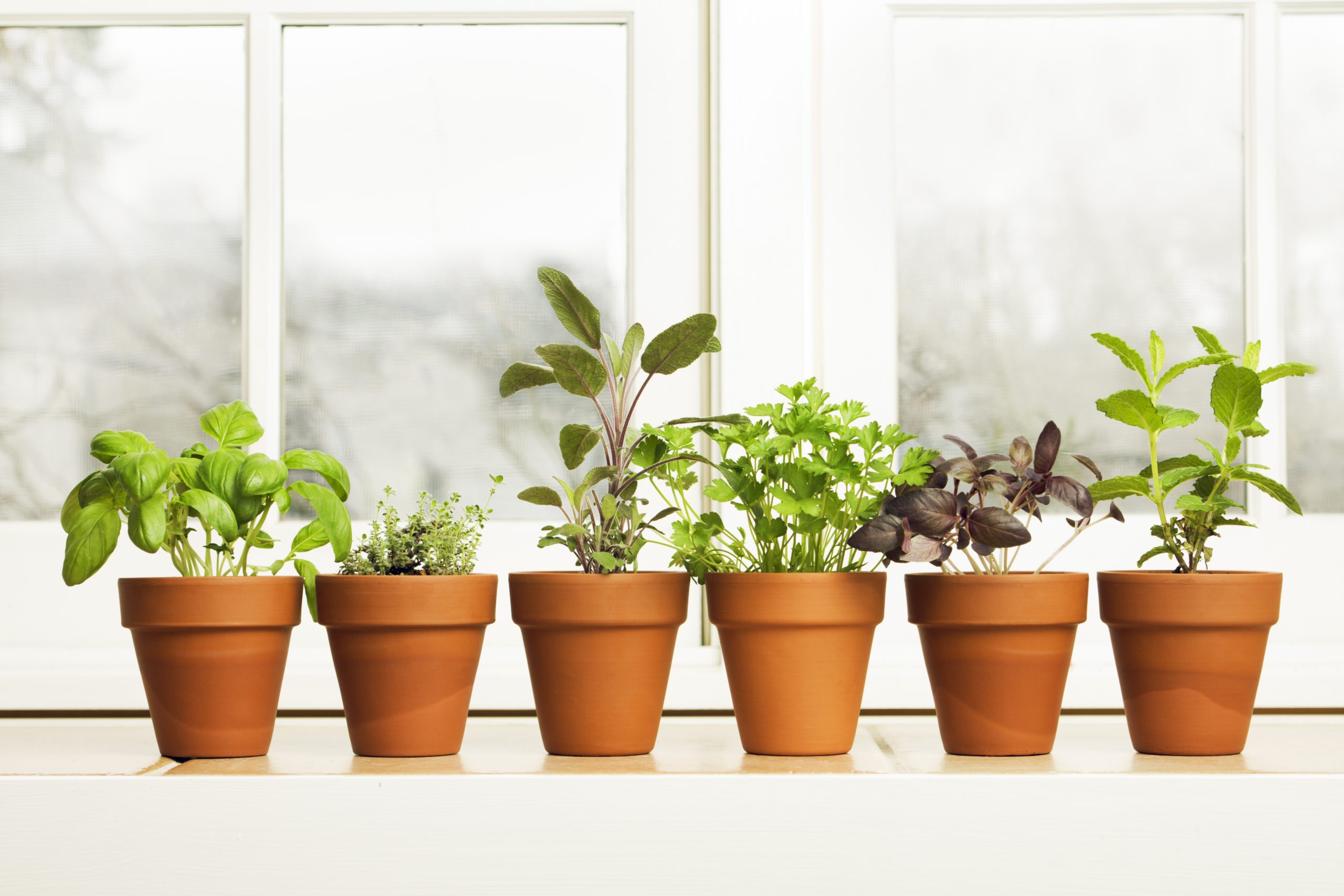
Love the Earth!
April 22nd is Earth Day and what better way to show your appreciation for our beautiful planet than by minimizing waste. We throw away billions of dollars worth of food each year, despite the fact that so many people in this world, including here in British Columbia, are going hungry.
During this unusual time of COVID-19, many of us are stocking up our fridges, freezers and pantries over concerns about store closures and shortages. But it’s key to not buy more than you can use! Here are a few tips for using up food so it doesn’t end up in the compost or worse, the landfill:
- Check your fridge and freezer before making a weekly meal plan and grocery list. Look for veggies that need to get used up or items lingering in the freezer for longer than 3-6 months.
- When shopping, check best before dates, only buy what you can use and don’t fall victim to specials like “buy 4 get 1 free” if it’s too much food for you. Most of the time these specials hold true even if you only buy 1 or 2 of the item.
- The most commonly thrown away food items are milk, bread, eggs, cheese and fruits and veggies. If we keep track of the food in our fridges, we can ensure we use things up before they go bad and that doesn’t mean on the best before date. There are no expiry dates for food in Canada (only for infant formula) so instead of focusing on the date, use your senses to determine if the food has gone off. To use up excess, try:
- Making Homemade Ricotta cheese from excess milk—it’s a fun science experiment with kids!
- If bread has gone stale, pulse it in the food processor into crumbs, keep them in the freezer and use them for breading fish or making meatballs, meatloaf or homemade veggie burgers.
- If eggs are reaching their best before date and you cannot use them up, consider freezing them. Crack and whisk them together and place in an airtight container with the date and number of eggs. Freeze for up to 4 months then use them up in baking, as the texture may not make the perfect scramble.
- Overly ripe bananas can be frozen in the peel or peeled and stored in a freezer bag and used up in smoothies and baking. Making apple, pear and/or berry compotes are perfect for using up fruit and a good replacement (or addition) for maple syrup on whole grain pancakes.
- Soups are a great way to use up a lot of veggies. You can also save the scraps from vegetable ends like carrots, celery and onion and cook them with bones to make your own stock. Keep a stock bag in the freezer and toss the vegetable scraps and bones in until you’re ready to make stock. Check out our recipe here.
- Love your leftovers! Also a big contributor to food waste, leftovers can make an easy lunch the next day or two. Be creative with adding something new to freshen them up.
Being at home these days can make it easier to keep a handle on what food needs to be used up. But as always, when in doubt, throw it out. For food safety information during the time of COVID-19 or anytime, visit Health Canada.
For more information and resources on minimizing waste, visit https://lovefoodhatewaste.ca/about/food-waste/



